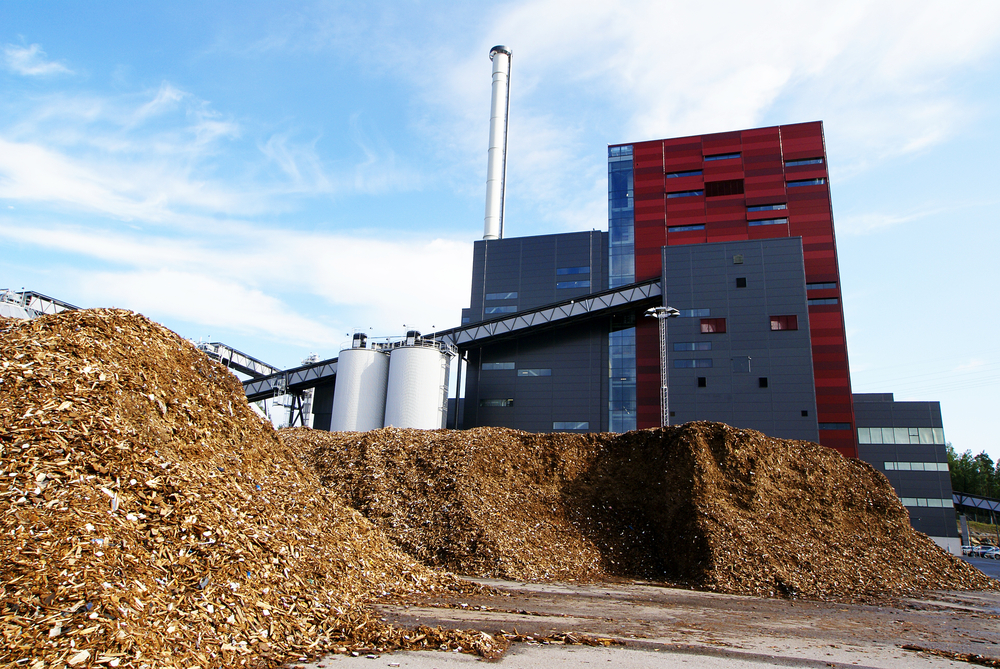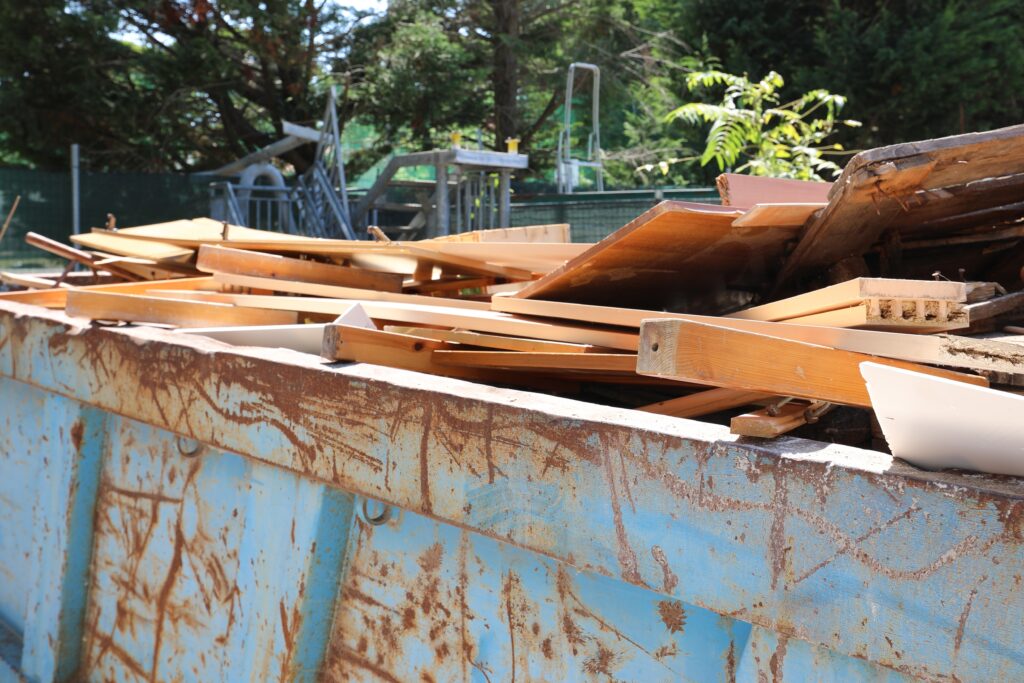Under the renewables obligation certificate (ROC) and renewable heat incentive (RHI) subsidies, waste wood biomass plants are given a subsidy per megawatt hour (MWh) of electricity supplied.
These will begin to come to an end in the coming years, with all subsidies to end by 2035.
Support
The WRA outlined that its chair, Richard Coulson, who is also biomass procurement manager for RWE, wrote to the Department for Energy Security and Net Zero in October asked for urgent clarity over future support for waste wood biomass.
In a statement today, the WRA said that the energy minister Graham Stuart responded on 20 November, where he said: ” The Government recognises the important role of sustainable biomass, including waste wood biomass, in achieving the UK’s net zero targets, and in balancing the energy grid/ensuring security of supply.
“We are currently considering whether transitional support may be appropriate for facilitating the transition from biomass electricity generation to power BECCS. The Government is planning to consult shortly on eligibility for any such potential transitional support.”
Letter

In his letter, the WRA outlined that Mr Coulson also asked for assurance that the waste wood biomass sector’s contribution be eligible for the longer-term business models and support being considered – including the business model to incentivise the deployment of power bioenergy with carbon capture and storage.
Under current plans, this scheme sets a threshold of 100MW, which would exclude waste wood biomass plants from accessing support.
On this subject Mr Stuart said: “Setting a 100MWe threshold differentiates power BECCS business model support from wider GGR support by emphasising the scale of the power generated by the process.
“Power BECCS plants of a smaller size (<100 Mw) may be able to apply for GGR support that will compensate for negative emissions. These proposed eligibility criteria may be subject to change for future.”
Many in the panelboard sector have argued that the subsidies give biomass operators an advantage when seeking wood, as biomass plants are able to pay more to wood recyclers for material, when the end use is lower down the waste hierarchy.
However, those in favour say it helps provide energy to the grid and uses a large amount of waste wood which was previously sent to landfill.
We are delighted to receive this response from Energy Minister Graham Stuart
- Richard Coulson, WRA
Delighted
Commenting on Mr Stuart’s letter, Mr Coulson said: “We are delighted to receive this response from Energy Minister Graham Stuart and to hear that the government recognises the benefits of waste wood biomass and is considering vital transitional support for our sector.
“This is important because without the RO and RHI schemes, the benefits these plants provide could be lost, creating a domestic waste wood processing gap and leading to the loss of secure low carbon, domestic baseload power. This could also hinder the UK’s Net Zero 2050 ambitions.”
“However, our sector also needs longer term support. The eligibility criteria for power BECCS support remains restrictive and under current proposals, excludes the UK’s waste wood biomass fleet and the important contribution we could make. By using waste as a fuel, our sector is already making significant carbon savings meaning we are ideally placed to deliver further carbon savings through power BECCS.
“We also need support in place for those waste wood biomass plants which are not able to retrofit BECCS. We look forward to working closely with DESNZ to ensure all the benefits of our sector are protected now and in the future.”









Subscribe for free